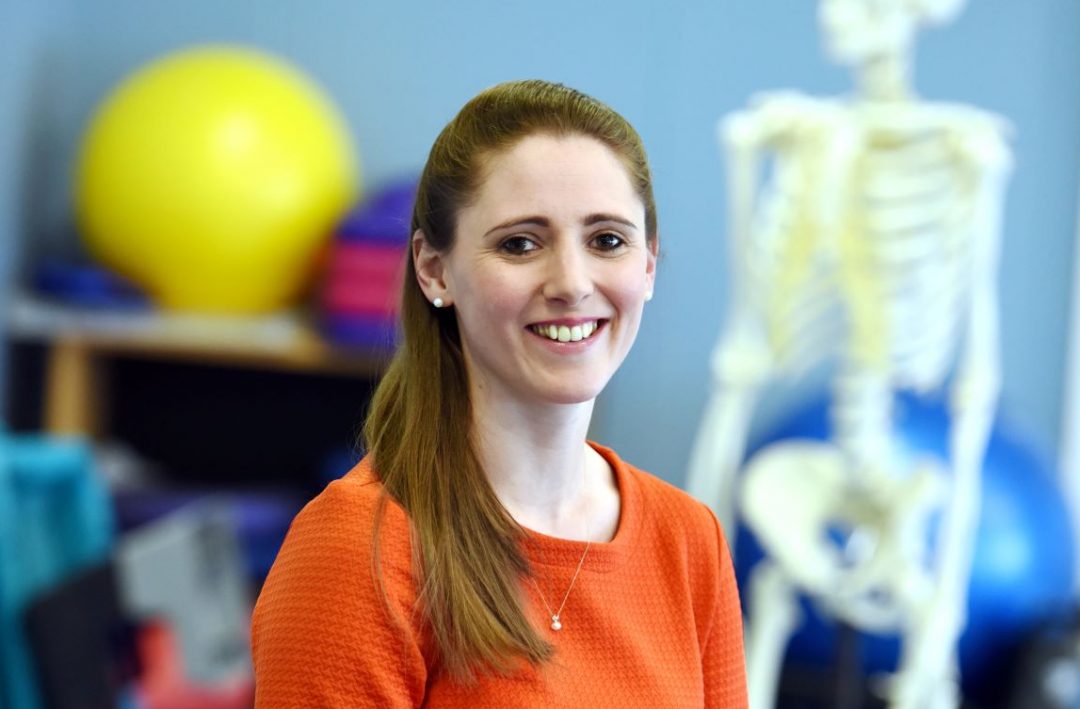£1.1m research project will explore why people with COPD are more likely to fall – and if balance training could help.
News

Professor Samantha Harrison from Teesside University’s School of Health and Life Sciences has secured an Advanced Fellowship and funding of £1.1 million from the National Institute for Health Research (NIHR) to look at ways in which rehabilitation techniques can be refined to help people with Chronic Obstructive Pulmonary Disease (COPD).
More than 1.2 million people in the UK are diagnosed with COPD, which causes breathlessness, coughing and frequent chest infections. Those with COPD are four times more likely to fall than healthy adults of the same age due to poor balance. Pulmonary rehabilitation currently includes exercise and disease education, but not balance training.
Working with NHS trusts across the Durham and Tees Valley Alliance, as well as with academics from Newcastle, Northumbria and Manchester Metropolitan Universities, Professor Harrison will investigate the factors that contribute to the increased risk of falls and look at ways to mitigate them.
The team will also develop personalised balance training, taking into account physical, psychological and social factors, and incorporate it into pulmonary rehabilitation for people with COPD.
Professor Harrison said: “It is a huge honour and very exciting to be awarded an Advanced Fellowship from the NIHR, with such a significant amount of funding.
“This research has the potential to have a considerable impact on the long-term health of people with COPD in our region and beyond. It is of particular importance in an area like Middlesbrough which has high levels of deprivation, as greater deprivation has been linked with a greater risk of falling.
“By the end of the research we hope to have a much better understanding of what exactly increases falls risk in people with COPD and to have developed a balance training programme to help reduce this risk.”
Professor Harrison is a member of the NIHR Applied Research Collaboration (ARC) for the North East and North Cumbria (ARC), and this six-year project is part of the ARC’s ‘Integrating physical health, mental health and social care’ theme.